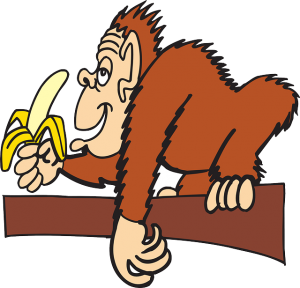it's over/gone again, we're done ![]()
[Dutch phrase of the week]
[Het zit er weer op]
You can use this phrase when you've completed an activity or when a period of time (such as: morning, hour, year) has ended. Either use "het" when it's clear from context or be more specific, see the examples. The use of 'weer' indicates that it's over 'again' (as in rather quickly or when it feels that way). You can leave it out if you want ("het zit er op!")
Examples:
– "Het jaar zit er al weer bijna op!"
("The year is almost over again! / the year has almost ended!")
– "Jongens, het zit er op, we kunnen gaan lunchen!"
("Guys, we're done, let's have lunch!" Lit. "we can have lunch / we are able to have lunch".)
– "En daarmee sluiten we af, de ochtendsessie zit er weer op, en dan nu het nieuws van 12 uur."
("And with that we conclude, the morning session is over again, next the 12 o'clock news.")
– "De week zit er weer op, heerlijk, eindelijk weekend!"
("The week has come to an end again, splendid/great, weekend finally!")
– "Het zit er weer op voor dit jaar, in 2011 zijn er weer nieuwe DWOTD's!"
("And we're done for the year, in 2011 there will be new DWOTDs again!")
Related words:
– Voorbij: over, gone, past, finished[adjective].
Example:
– "De vakantie is weer voorbij; balen!"
("The holidays are over again; bummer / that sucks!")
– Over: past, finished [adjective].
Example:
– "Het is over, klaar, voorbij! Wat snap je daar niet aan?"
("It's over, finished, done! What part do you not understand?")

 “Gaan met die banaan!” literally translates to “Go with that banana!” 🙂 It’s used to encourage people to go ahead with the activity at hand. “Gaan met die banaan” doesn’t really have an etymology…it’s just a good rhyme 😉
“Gaan met die banaan!” literally translates to “Go with that banana!” 🙂 It’s used to encourage people to go ahead with the activity at hand. “Gaan met die banaan” doesn’t really have an etymology…it’s just a good rhyme 😉